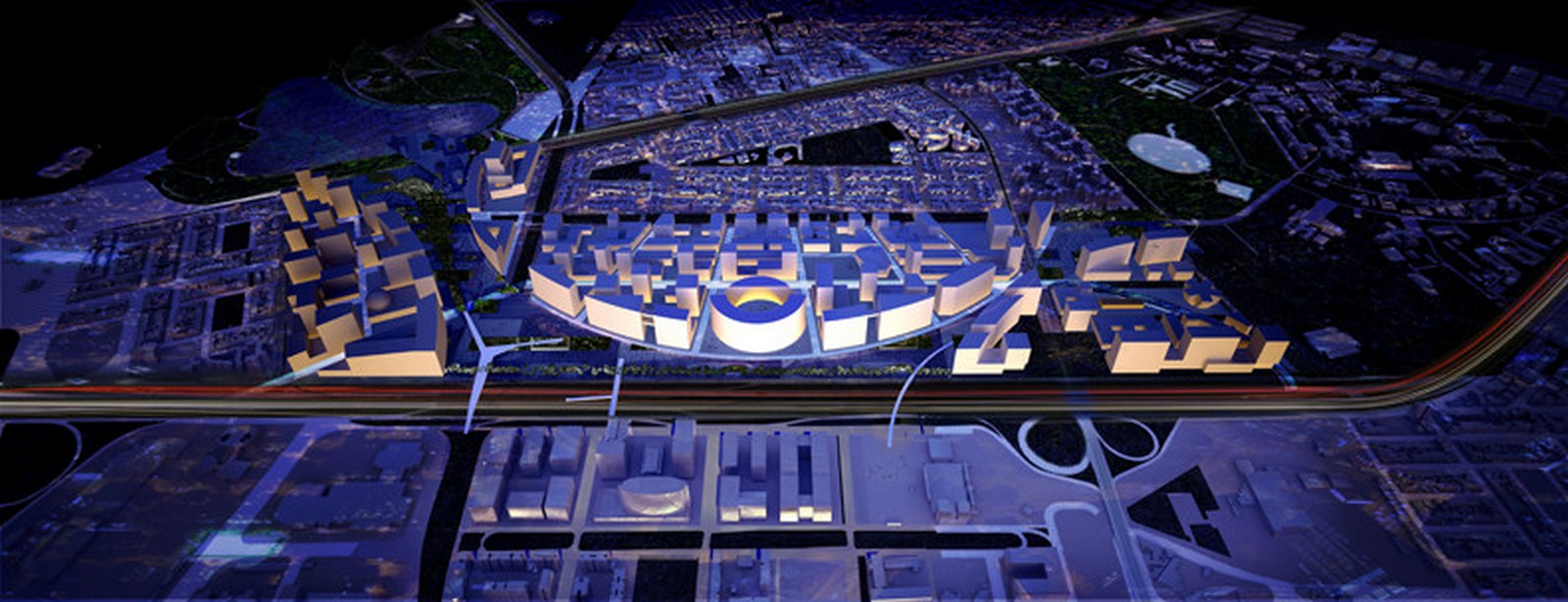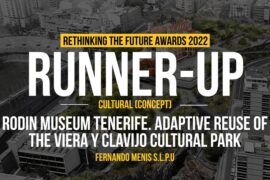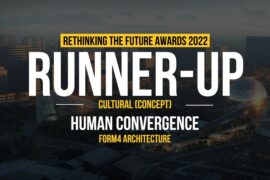Project Info
Architects: OMA
Oma Partner In Charge: Shohei Shigematsu
Oma Design Team: Sandy Yum, Daniel Quesada Lombo, Yolanda do Campo, Denis Bondar, Ahmadreza Schricker, Cass Nakashi- ma, Jake Forster; with Isaiah Miller, Maria Saavedra, Andrew Mack, Sean Billy Kizy, Caroline Corbett, Christopher Kovel, Simona Solorzano
Local Architects: Lorenzo Castro and Julio Gómez (Gomez + Castro Arquitectos)
Local Team: Andrés Castro, Gerardo Olave, Luisa Brando, Ernesto Lafaurie, Pablo Lorenzana, Felipe Delgado, Cristina Hermida, Laura Delgado, Camilo Betancur, Ana María Monsalve, Daniela Ferrero, Yessid Ropero, Jan Henao
Client: Empresa Virgilio Barco
Mobility Consultant: Carlos Moncada
Financial Consultant: Oscar Borrero
Sustainability Consultant: Esteban Martinez
Buildable Area: 680 acres (2,750,000 m2)
Public Open Space: 72 acres (29,000 m2)
Photographs: OMA

Introduction
MA (NY), along with local collaborators Gomez + Castro Arquitectos, has been selected to masterplan the Bogotá Centro Administrativo Nacional (CAN) in Colombia, a mixed-use civic center roughly the size of Washington DC’s National Mall. Located at the midpoint of Calle 26 Avenue, the city’s main axis that has symbolically charted its growth from the historic downtown to the airport and the international gateway of Colombia, CAN will serve as a new city center and government headquarters with additional programs of residential, educational, retail and cultural developments.

Details
Shohei Shigematsu, director-in-charge of OMA New York, commented, “Our proposal enables CAN to be a lively node, providing a continuous public domain that curves through the site to connect the park, the university and Calle 26. With a single gesture, the arc achieves a clear urban identity while accommodating programmatic diversity.”

The new public axis achieves a unified system of green, infrastructural, and programmatic networks. It divides the site into three districts: an office zone that connects to the existing financial district; an institutional / governmental zone that is linked to the existing cultural spaces and recreational parks; and an educational campus connected to the existing university. These districts are unified by a green path that extends the meandering paths of the Simon Bolivar Park to the National University plaza at other end of the site. This park axis will be programmed with cultural attractions and a bike path that will extend to Bogota’s highly successful pedestrian CicloVia network.
The competition jury commented: “The suggested mix of uses promotes continuous activity and encourages the creation of distinct districts. The curve towards Calle 26 provides a clear urban face to the project, making it institutionally and commercially more attractive.”

OMA’s proposal shifts the city’s historic downtown center, which Le Corbusier masterplanned between 1947 and 1951 – an early demonstration of the city’s longstanding commitment to urban planning. The CAN masterplan will be the largest built institutional masterplan in Latin America after Oscar Neimeyer’s Brasilia, built in the 1960s.





